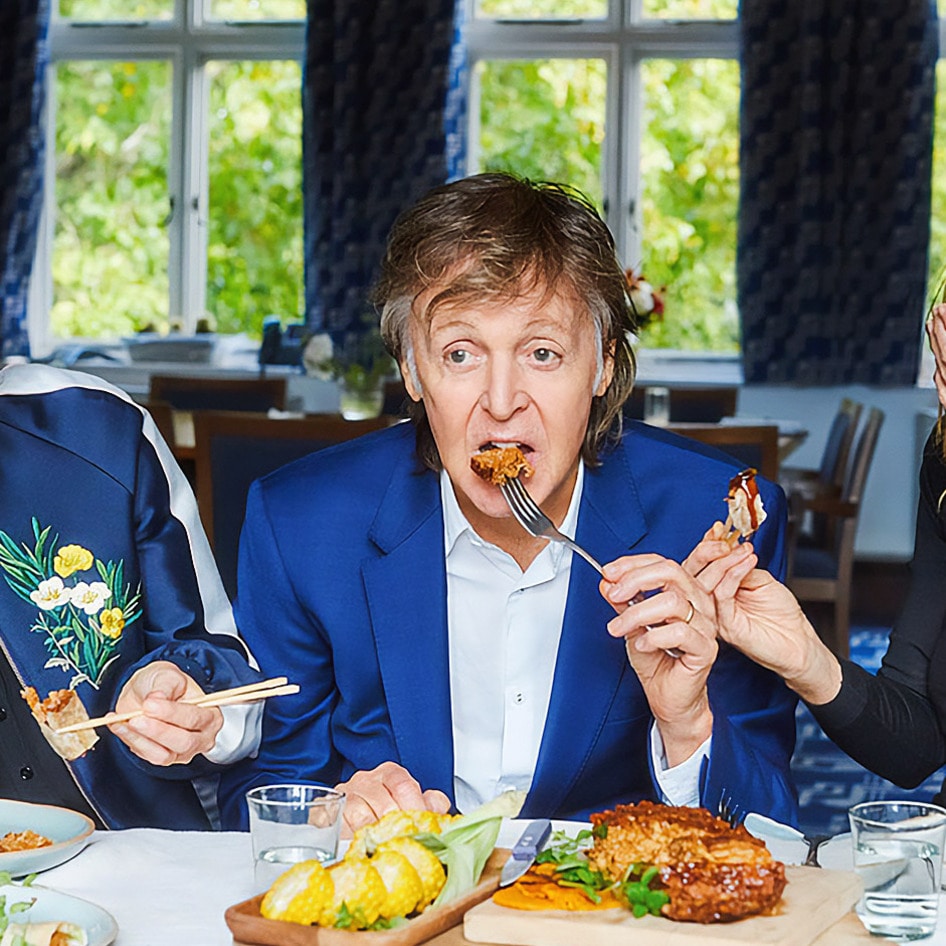Grass is Running Out for Grass-Fed Beef
High demand for what consumers think is healthier cow meat, along with climate change, is creating a shortage in nutritious grass.
January 17, 2018
A report recently published by NPR highlighted the research of ecologist Joseph Craine, who posits that the rising demand for grass-fed beef is contributing to the loss of nutrient-dense grass. NPR revealed that the sales of grass-fed beef have increased from $17 million in 2012 to $272 million in 2016, while protein quality of the grasses on which these cows feed have dropped by 20 percent since the mid-1990s due to several factors, including the rise of carbon dioxide levels in the atmosphere. “Pretty soon,” Craine said, “you’re at the point where the protein concentrations are too low for too long a period for the animals to gain any weight.” Dawn Moncrief, founding director of hunger relief and animal protection nonprofit A Well-Fed World, told VegNews that grass-fed ruminants emit more methane—a greenhouse gas that is 20–25 times more potent than carbon dioxide in terms of global warming potential—than animals fed another diet. “Livestock proponents try to frame foods sourced from grass-fed animals as more environmentally friendly,” Moncrief said, “but from a climate perspective they are much worse. According to Moncrief, certain sectors of animal agriculture use the environmentally destructive practice of feeding cows grass as a way to promote factory farming. “Factory farms produce less methane,” Moncrief said, “but more carbon dioxide, pollution, and crop loss.” As predicted in popular documentary Cowspiracy, sustaining the human population on grass-fed animals is not plausible given limiting factors such as land availability and environmental degradation.
JUMP TO ... Latest News | Recipes | Guides | Health | Subscribe







